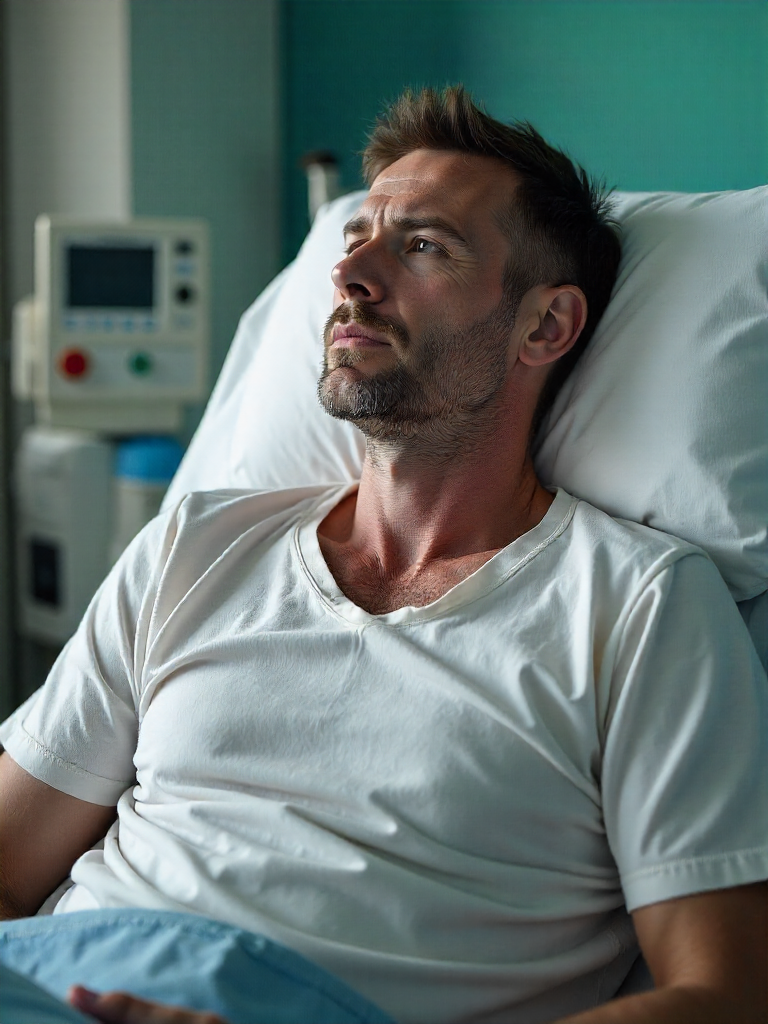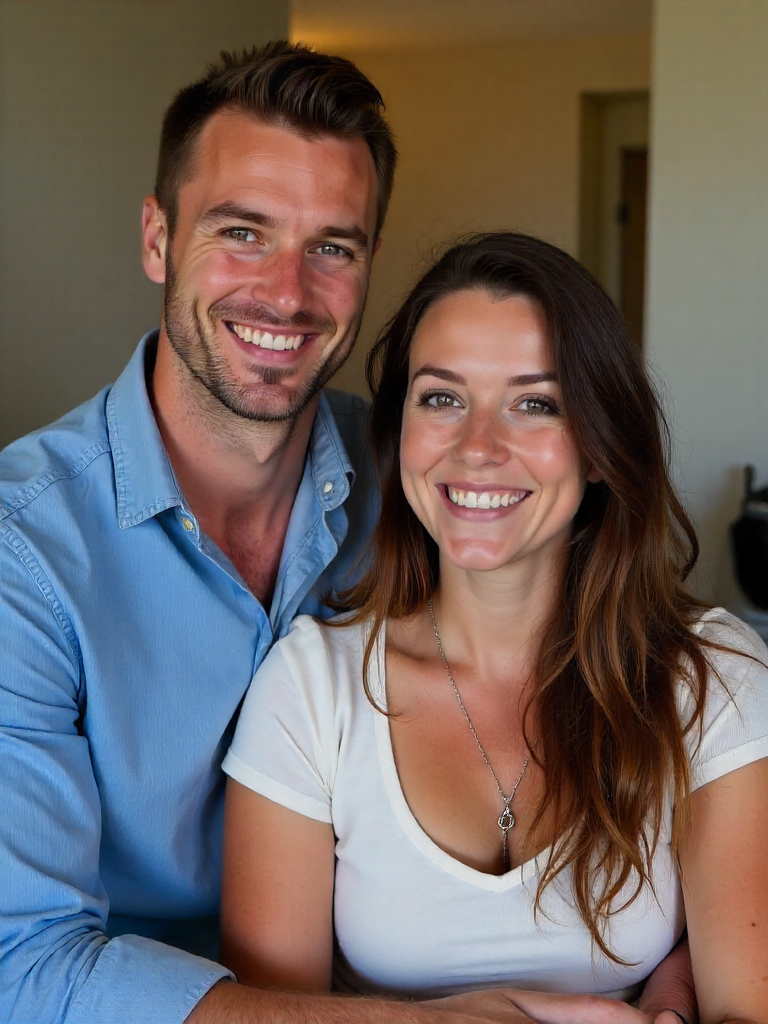Wylie Dixon, a 39-year-old man who believed himself to be in excellent health, was left in disbelief upon learning he had stage 4 appendix cancer, a rare condition affecting approximately 3,000 individuals annually in the United States. Before his diagnosis, Dixon had been experiencing symptoms such as abdominal pain, bloating, changes in bowel habits, and a loss of appetite, all of which are associated with this uncommon form of cancer.

By the time he was taken to the emergency room in Cairns, Far North Queensland, Australia, the disease had already spread throughout his body. Prior to these more severe symptoms, Dixon had noticed persistent fatigue, which doctors initially dismissed as too vague to be linked to cancer. He shared that while he wasn’t someone who regularly scheduled health check-ups, he visited the doctor frequently when issues arose. “I was fit and healthy, not overweight, and very active,” he explained. “Walking 10,000 to 20,000 steps daily was normal for me. I didn’t have any major symptoms besides fatigue. That’s the problem with this cancer—everything was vague and didn’t persist, except the fatigue.”

Dixon and his wife relocated to Sydney to access life-saving treatments, a move that required them to leave their jobs and settle into temporary housing. To support their financial situation, a friend initiated a GoFundMe campaign, aiming to raise $22,000 AUD. The campaign has already surpassed its goal, demonstrating strong community support during this challenging time.

The case underscores growing concerns about the increasing prevalence of appendix cancer in younger patients. Dr. Andreana Holowatyj, an assistant professor at Vanderbilt University Medical Center, noted that “alarming rates of appendiceal cancer across generations, combined with one in three patients being diagnosed before age 50, highlight the urgent need for greater awareness of its signs and symptoms.” This story serves as a reminder of the importance of recognizing subtle indicators, especially in those who may not consider themselves at risk.